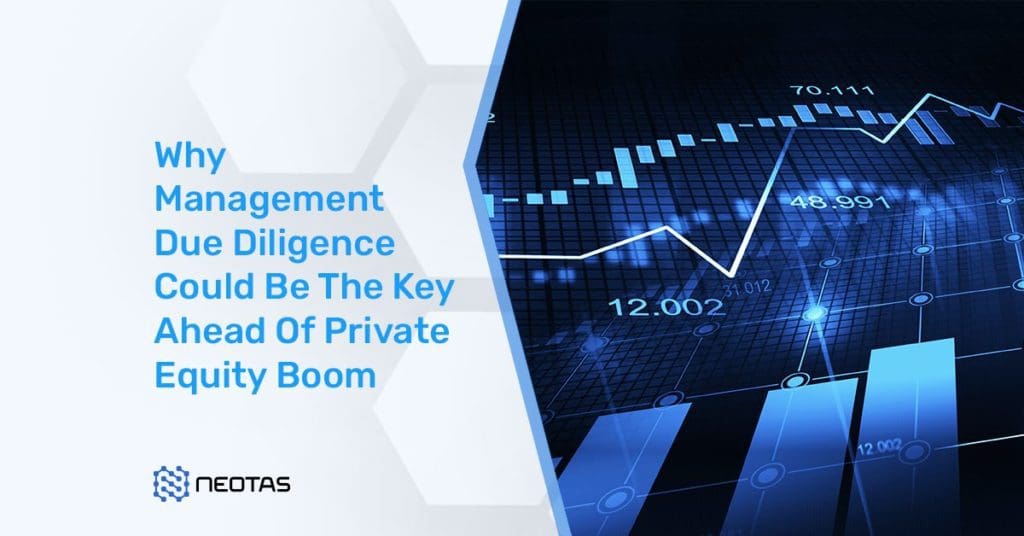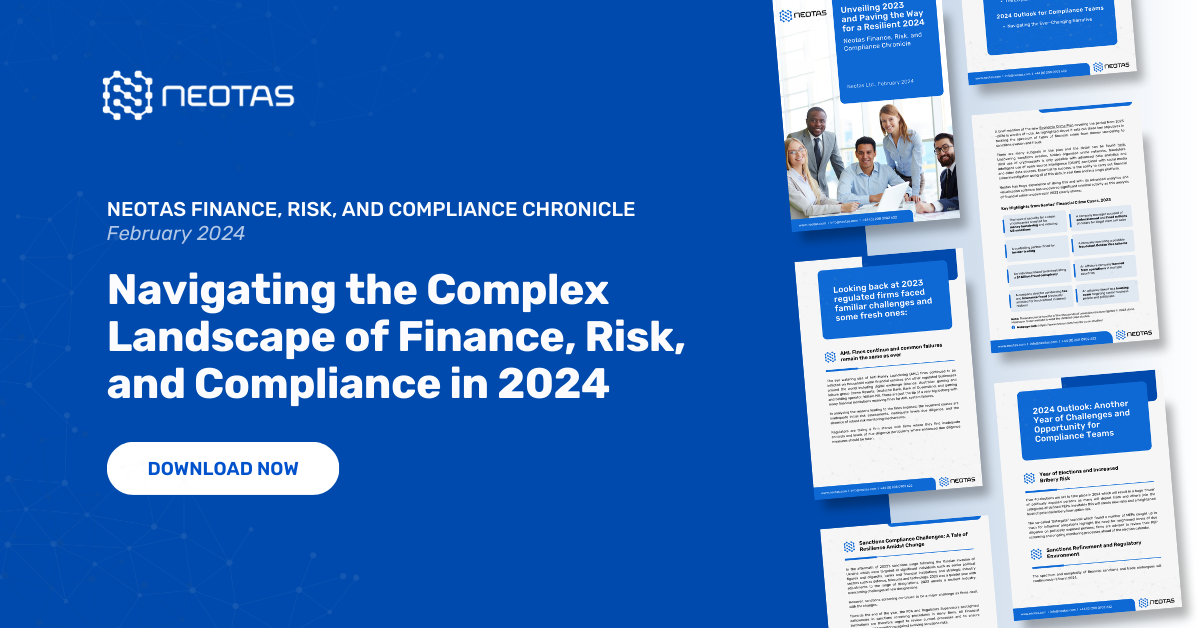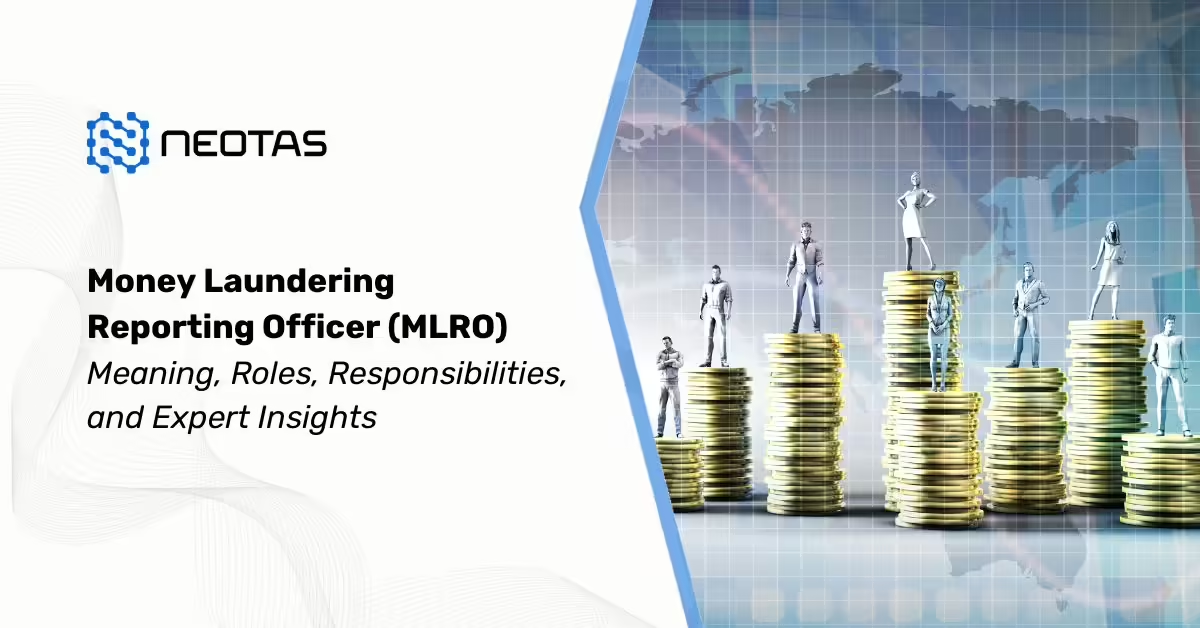Why Management Due Diligence (MDD) Could Be The Key Ahead Of Private Equity Boom :
New analysis from KPMG has revealed that Private Equity Investment has soared to its highest levels in over five years. The investment boom represents a significant jump when compared to the same period in 2020, as the impact of the pandemic began to take its toll.
While the market continues to steady and confidence rises of a full bounce-back, the uncertainty of the global health crisis means that major challenges could continue to lie ahead.
KPMG reported that the momentum that began to pick up pace in Q4 of 2020 was fuelled by pent-up demand that had started to be released. Although the appetite for deal-making is clearly growing, with increased activity comes the need for increased scrutiny – particularly during this era of uncertainty.
The potential for future challenges caused by restrictions, global downturns or even other viral threats means we must embrace all available risk-data to help improve decision-making.
Moving Past Traditional Due Diligence
With so much at stake, it absolutely pays to know more in today’s ever-changing landscape. Traditional due diligence procedures may tick all of the legal and regulatory boxes for the time being, but we believe it’s time to go beyond these practices and supplement them with additional data streams.
Ensuring that a comprehensive management due diligence strategy is in place before an investment or deal takes place will help lower risks.
MDD ensures individuals are scrutinised independently and forensically, lowering the risk from dealing with new associates. It helps assure investors that accountable individuals are competent enough to deliver success and growth without harming the reputation of their enterprise. Ensuring that social media activity is analysed, for instance, can provide insights into management team behaviours and attitudes that would otherwise not be uncovered through traditional due diligence methods.
In a digital era, a data-led approach that considers all risk angles is critical and management due diligence using open source data should contribute to that risk-evaluation.
These methods go beyond what is uncovered as part of traditional due diligence – evaluating the attitude and aptitude of individuals and firms, ensuring they comply with regulatory guidelines as well as identifying potential conduct or financial crime risks.
Risks uncovered have included allegations of discrimination and abusive behaviour, data leaks, fraudulent behaviour and corruption, to name but a few. While these potential red flags remain operationally relevant, they would not be uncovered using traditional due diligence methods.
Know exactly who you’re working with
It’s often said that people are the biggest asset of any business and it’s essential to consider “people risk” ahead of any deal or acquisition. Effective management due diligence removes subjective and unintentional bias from your decisions, providing vital third-party validation so you can proceed confidently, with no stone left unturned.
Any possible absence of face-to-face due diligence, whether through travel restrictions or remote operations, has made it more difficult to evaluate attitude and aptitude. Analysis of online behaviour not only provides an additional layer of depth to traditional due diligence but also enables a higher level of inspection when operating remotely.
An Example: Recent Case Involving Abusive CEO
A recent case of management due diligence uncovered insights into a CEO that were not captured during traditional due diligence checks.
While reviewing the management team of an investee company, particular focus was directed towards the CEO after allegations of potentially damaging behaviours began to appear.
Our reports highlighted a number of negative employee reviews, allegations of “explosive and abusive” behaviour and a troubling history of discriminatory, aggressive behaviour on social media towards colleagues and other users.
The insights uncovered as part of the enhanced open source checks fed into the decision-making process for our client, raising questions and concerns about the suitability of the client. None of these behaviours were identified as part of their traditional checks.
Download the full case study here
Proactive Protection – Identify Risks Before They Become Problems
Proactively identifying irregularities, risks or potentially damaging behaviours amongst management teams can help manage future challenges and protect ongoing interests once a deal is made.
Indeed, risks that may be hazardous to long term company value, productivity or culture can be addressed early by harnessing the correct data. Potential reputational crises associated to people risk can also be proactively identified, managed and mitigated with enough warning time and a clear enough picture of the risks.
Whilst our reports can, and often do, influence investment decision-making, our position continues to be to identify the risks and leave future decisions up to our clients. Even when the information doesn’t drastically impact the end-decision, the overwhelming positive feedback we receive from clients centres around new and cost effective level of insight that would otherwise not have been uncovered.
Harnessing Public Data Could Be Key Decision Dealbreaker or Dealmaker
Neotas searches harness 100% of publicly available data to grant our clients a new layer of insight into pre-investment risk. We dig deeper and faster into people, entities and networks – analysing them against a set of core risk indicators including abusive behaviour, fraudulent activity, multiple aliases and more.
In a hyper-competitive marketplace that is now seemingly riding a wave of pent-up demand for deals, asset managers have a responsibility to consider all risk data as part of their due diligence processes.
The potential impact for not considering the data from a regulatory and a reputational point of view is stark. Regulators now regard OSINT as best practice when discussing enhanced due diligence processes. With the information on risk out there and readily available, it may hard to build a competent defence in the case of future allegations of non-compliance or in a crisis management situation.
Management Due Diligence :
Management due diligence is a strategic evaluation process undertaken by investors, acquirers, or organizations to assess the leadership team and their capabilities within a company. It involves a thorough examination of executives, their track records, leadership styles, and overall competence. The aim is to gauge whether the management team aligns with the company’s goals, culture, and the intended investment strategy. This diligence helps mitigate risks associated with leadership transitions, ensures effective decision-making, and enhances the potential for successful investments or mergers. Management due diligence is an essential component of informed business decisions, contributing to long-term success and sustainable growth.
We are here to lower risk from investment, acquisitions and purchases, enabling you to build teams you can trust whilst protecting your reputation robustly. Schedule a call with our team today to discuss your investments, management due diligence or any other open source intelligence needs



 Financial Crime Compliance Trends 2024
Financial Crime Compliance Trends 2024












